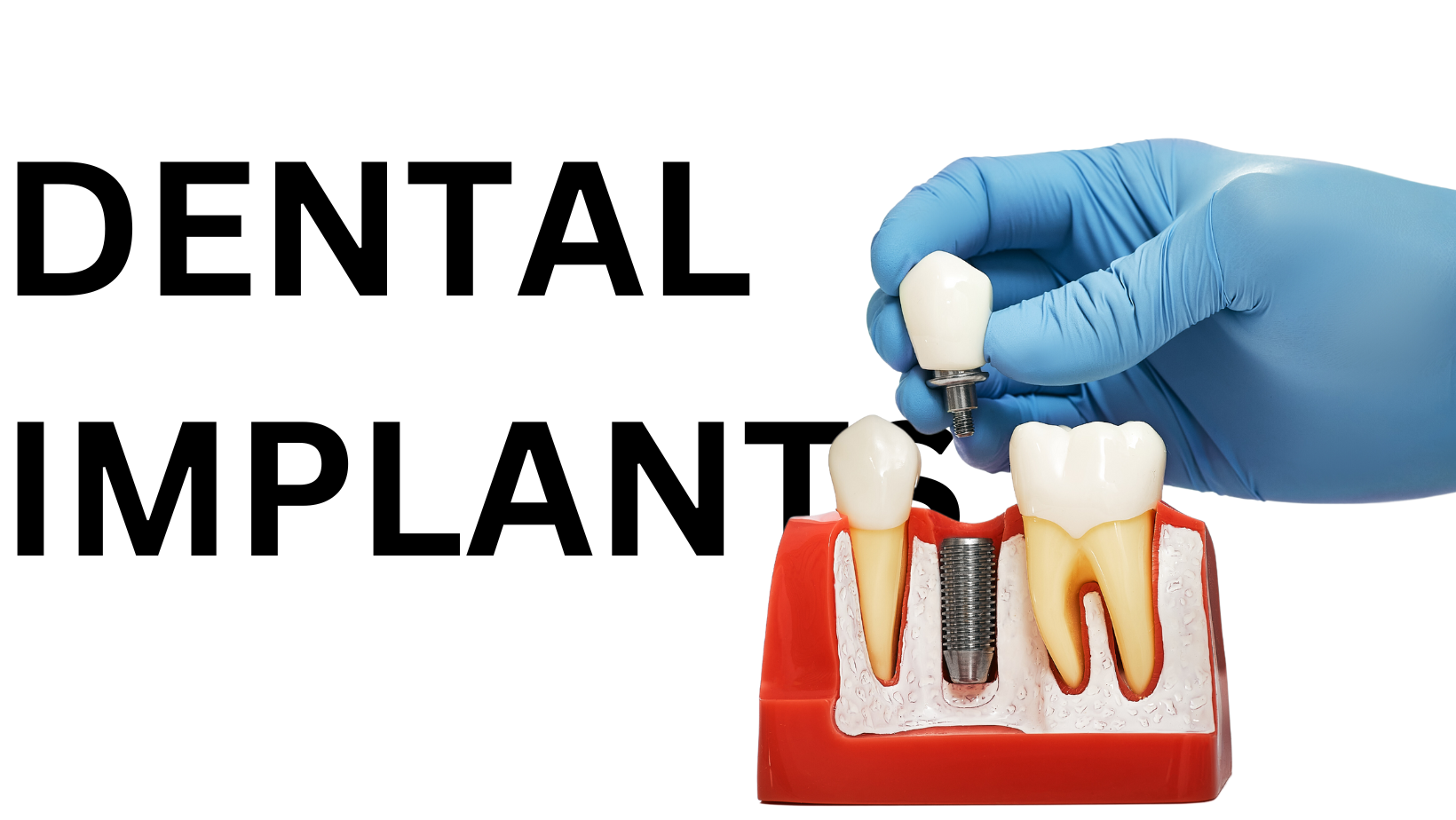
Dental implants are created in the shape and color of your other teeth. So, there is no chance someone can notice it. Dental implants can only be discovered when the patient performs a radiograph. They look completely natural and perfectly blend with the look of your smile.
You went for a dental check-up, and your doctor suggested a dental implant to replace the damaged or decayed tooth. Now you have many questions related to the treatment, procedures, cost, side-effects, and results. It’s wise to know about things that you will experience at some point in time. The more you understand how a dental implant works, the more prepared you can be for effective results.
A dental implant refers to a threaded titanium screw, strong enough to be placed inside the roots to a damaged/decayed tooth. The tip of the implant is secured using a cap or crown to prevent your mouth from hurting from overbite, underbite, or trauma unless it gets completely healed. A dental implant does not replace your tooth. It replaces the damaged root, and a cap/crown is placed above this root.
If you have a missing tooth, you already know the struggles of improper biting, speech problems, and a distraction to your smile. Doctors recommend dental implants when patients have a single or series of missing teeth. The implant fills the gap created by a missing tooth and reconstructs a confident smile and quality oral hygiene. Also, many people become self-conscious while laughing or talking in public. A dental implant saves them the embarrassment of hiding their smile. The missing tooth can increase the risk of health conditions such as gum disease, tooth overlapping, weakened tooth, and gingivitis. A dental implant prevents such risks by offering a fuller, healthy, and beautiful smile.
One in a million such cases occurs where the dental implant gets rejected by the patient’s body. Usually, the jawbone accepts the implant. It rejects the body when the patient is allergic to titanium. Another reason for dismissing dental implants can be poor oral hygiene post-surgery. A regular tooth falls off due to a lack of good oral hygiene. So, a dental implant rejecting a patient’s body should not come as a shock. Take care of your teeth and mouth. Brush your teeth twice a day, use Fluoride toothpaste, and keep your mouth clean and fresh after every meal to prevent germs from accumulating the sides of your gums.
If taken proper care, dental implants can last for more than 40 years. They can also last for a lifetime with regular brushing, flossing, and never skipping a single dental check-up.